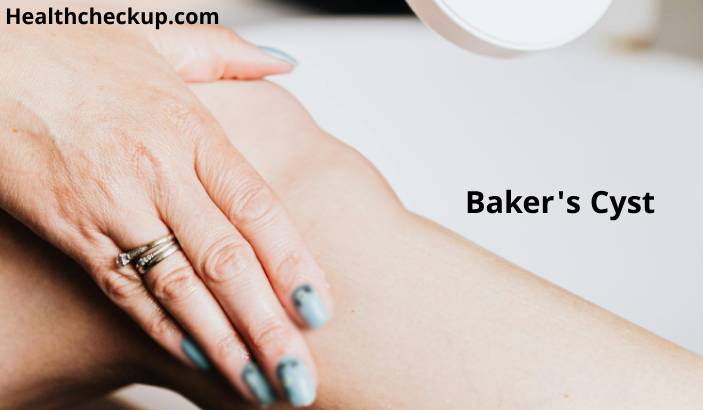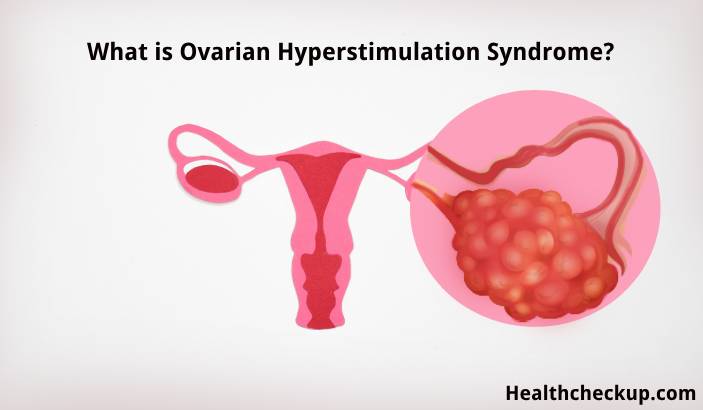A urinary tract infection (UTI) is an infection that affects any part of the urinary system, including the bladder, kidneys, urethra, and ureters. UTIs are common during pregnancy, especially during the second and third trimesters. Pregnant women are more prone to UTIs due to changes in the urinary tract and an increased risk of bacteria entering the urinary tract. UTIs can be uncomfortable and potentially harmful to both the mother and baby if left untreated. In this article, we will discuss the symptoms, causes, and treatment of UTIs during pregnancy.
Symptoms of UTIs during pregnancy:
- A strong, persistent urge to urinate
- Pain or burning sensation when urinating
- Frequent urination
- Cloudy, foul-smelling urine
- Pelvic pain
- Low back pain
- Fever (in severe cases)
Causes of UTIs during pregnancy:
- Pregnancy hormones: Pregnancy hormones can relax the muscles in the urinary tract, which can make it easier for bacteria to enter the urinary tract and cause an infection.
- Changes in the urinary tract: During pregnancy, the uterus can press on the ureters and bladder, which can obstruct the flow of urine and increase the risk of UTIs.
- Bacteria: UTIs are caused by bacteria entering the urinary tract. Pregnant women are more prone to UTIs due to changes in the urinary tract and an increased risk of bacteria entering the urinary tract.
Treatment of UTIs during pregnancy:
- Antibiotics: UTIs during pregnancy are typically treated with antibiotics. It is important to finish the full course of antibiotics as prescribed by your healthcare provider to ensure that the infection is completely cleared.
- Drinking plenty of fluids: Drinking plenty of fluids, especially water, can help flush bacteria out of the urinary tract and prevent UTIs.
- Urinating after sexual activity: Urinating after sexual activity can help flush bacteria out of the urinary tract and prevent UTIs.
- Wearing loose-fitting clothing: Wearing loose-fitting clothing can help reduce pressure on the bladder and urethra and prevent UTIs.
- Wiping from front to back: Wiping from front to back after using the bathroom can help prevent bacteria from the anus from entering the urinary tract and causing an infection.
It is important to contact your healthcare provider if you suspect that you have a UTI during pregnancy. UTIs can be uncomfortable and potentially harmful to both the mother and baby if left untreated. Your healthcare provider can prescribe the appropriate treatment and monitor your progress to ensure that the infection is completely cleared.









